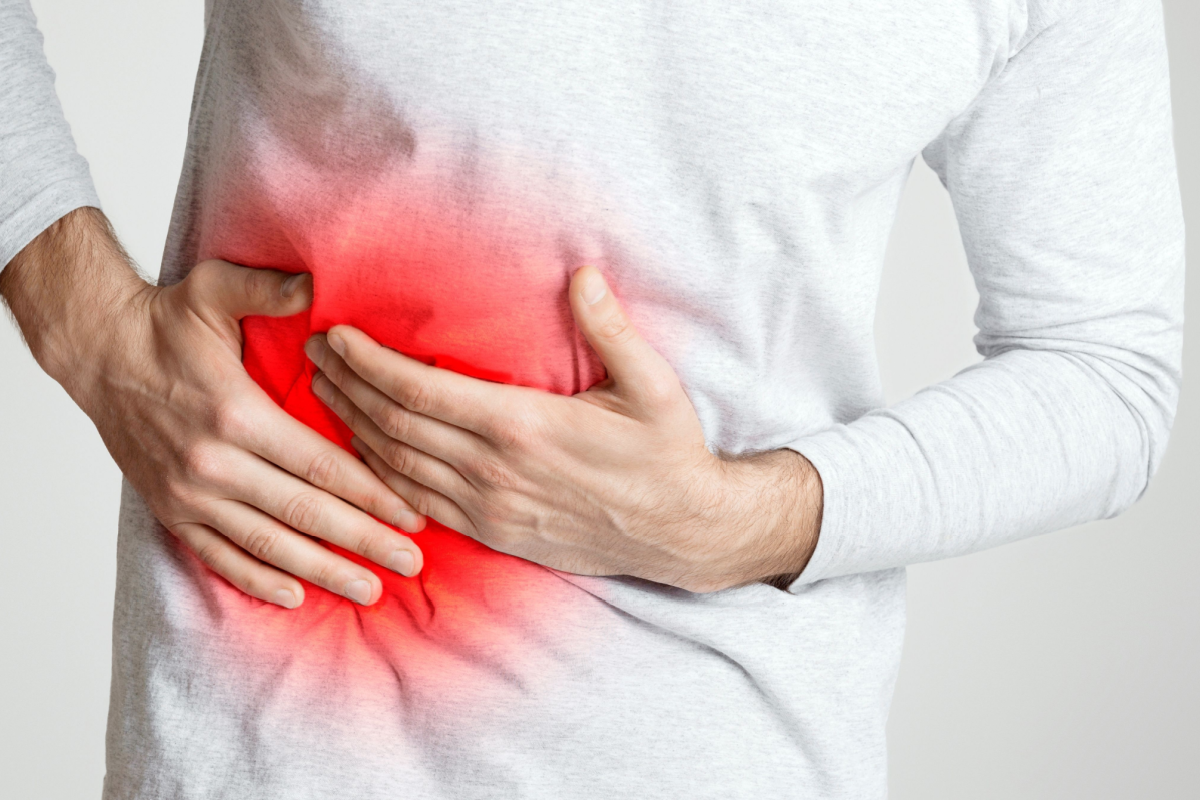According to a study by researchers at the National Institutes of Health (NIH), moderate caffeine intake could lead to small babies. The study found that pregnant women who consumed even as little as half a cup a day had babies that were overall lower in size compared with women who did not drink any coffee.
The research found that even consumption of less than the recommended moderate amount of 200 mg of caffeine per day for adults, which is about two cups of coffee, posed an increased risk to the fetus. Low birth size can lead to higher risks of obesity, heart disease and diabetes later in life.
Since 2010, the American College of Obstetricians and Gynecologists (ACOG) has recommended that pregnant women limit caffeine consumption to less than 200 mg per day. While moderate caffeine consumption during pregnancy has not been shown to be associated with miscarriage or preterm birth, its effects on growth restriction and small babies has generally remained unknown or inconclusive.
The findings of this new study show that even moderate levels of caffeine intake can impact gestational growth.
The study linking moderate caffeine consumption and small babies has been, published in JAMA Network Open, was led by Dr. Katherine L. Grantz, of the Division of Intramural Population Health Research at NIH’s Eunice Kennedy Shriver National Institute of Child Health and Human Development.
Related: Maternal Antibodies: How Allergies Can be Passed from Mothers to Children
The longitudinal cohort study involved 2,055 women from 12 clinical sites who had a healthy body mass index and did not smoke. Different racial demographics were represented in the cohort, in which 28.2 percent of participants were Hispanic, 27.4 percent were Caucasian, 25.2 percent were Black and 19.2 percent were Asian/Pacific Islander. Women from eight to 13 weeks of pregnancy were enrolled in the study.
Caffeine consumption was evaluated through a self-reported assessment as well as by measuring plasma levels of caffeine and the caffeine metabolite paraxanthine, beginning at weeks ten to 13 of pregnancy. Neonatal anthropometric measures were obtained within 1 to 3 days after birth by trained and accredited research staff. Small babies have smaller limb lengths as well as low birth weights.
The study found that women who consumed about 50 mg of caffeine per day (approximately 1/2 cup of coffee) had small babies with lower birth weight, smaller arm and thigh circumference and smaller anterior flank skin fold compared with babies born to women who reported drinking no caffeinated drinks during pregnancy. Infants born to women who consumed caffeine during pregnancy had small babies that were 66 grams (approximately 2.3 ounces) lighter than infants born to non-caffeine consumers.
Increasing caffeine amounts were significantly associated with lower birth weight, shorter length and smaller head, arm, and thigh circumference. The results did not differ based on fast or slow caffeine metabolism genotype.
The researchers suggest that caffeine may lead to small babies due to reduced fetal growth because caffeine is thought to cause the constriction of blood vessels in the uterus and placenta, which could reduce blood supply to the fetus and inhibit organ development and overall growth. They also believe caffeine could potentially disrupt fetal stress hormones, putting infants at risk for rapid weight gain after birth and for chronic conditions such as obesity, heart disease and diabetes later on in life.
Although the research does not offer the exact mechanisms involved in the observed growth impairments leading to small babies, the results suggest that it may be worth cutting down, or simply avoiding, caffeine during pregnancy. Nevertheless, women are advised to seek the advice of their physician about how much java they should be consuming while pregnant.
“Until we learn more, our results suggest it might be prudent to limit or forego caffeine-containing beverages during pregnancy,” Dr. Grantz said in a news release from the NIH. “It’s also a good idea for women to consult their physicians about caffeine consumption during pregnancy.”












Join or login to leave a comment
JOIN LOGIN